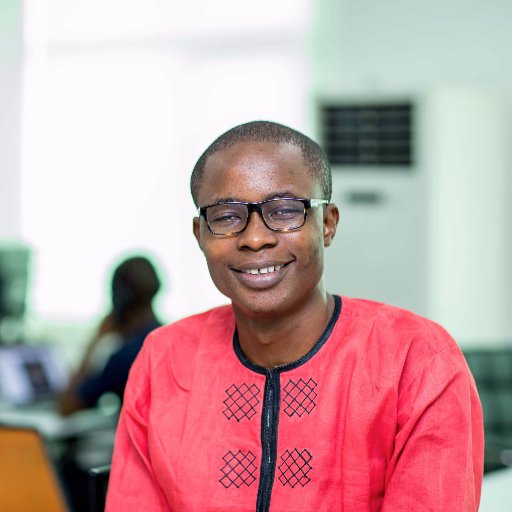News
U.S Customs Detains Nigerian Software Engineer, gives him a Test to Prove his Computer Knowledge
Celestine Omin, 28, a Nigerian software engineer was forced by U.S. immigration officials to complete a written test on Binary Search Trees to prove his computer knowledge.
Customs and Border Protection (CBP) officers took him into a room for further checks after he arrived at New York’s JFK Airport on Sunday after his 24-hour flight.
I was just asked to balance a Binary Search Tree by JFK’s airport immigration. Welcome to America.
— Celestine Omin (@cyberomin) February 26, 2017
He told them he worked for Andela, a tech company which links talented developers to potential employers.
According to Linkedin, Omin travelled to the U.S. to help NYC-based fintech startup First Access create a JavaScript application for emerging markets and had secured a short-term joint B1/B2 visa.
The firm has offices in Kenya’s capital Nairobi, San Francisco, New York and the Nigerian city of Lagos, which was one of the places Facebook’s founder Mark Zuckerberg visited when he was in Nigeria.
After Omin was grilled by one of the Border officers, he was taken into a room where he was told to sit down. Omin waited for about an hour before another officer then presented him with a piece of paper and a pen and told to answer these two questions to prove he is actually a software engineer:
“Write a function to check if a Binary Search Tree is balanced.”
“What is an abstract class, and why do you need it?”
In computer science, Binary Search Trees are a particular type of data structure that store items such as numbers or names.
Omin told Linkedin that he thought the questions could have multiple answers and looked to him like someone with no technical background Googled something like: “Questions to ask a software engineer.”
After spending about 10 minutes working on them, he handed in his answers only to be told they were wrong.
“No one would tell me why I was being questioned…. Every single time I asked (the official) why he was asking me these questions, he hushed me…. I wasn’t prepared for this. If I had known this was happening beforehand, I would have tried to prepare,” Omin said.
As time passed, he said that he expected to be sent home to Nigeria, only for the official to let him go.
“That is when I thought I would never get into the United States,” Omin said.
“He said, ‘Look, I am going to let you go, but you don’t look convincing to me,’” Omin said. “I didn’t say anything back. I just walked out.”
Omin later learned that U.S. Customs allowed him into the country after officials called Andela and First Access to corroborate his story. Jeremy Johnson, the co-founder and CEO of Andela, said that his co-founder Christina Sass was the one who received the call to defend Omin.
Source: Linkedin






















